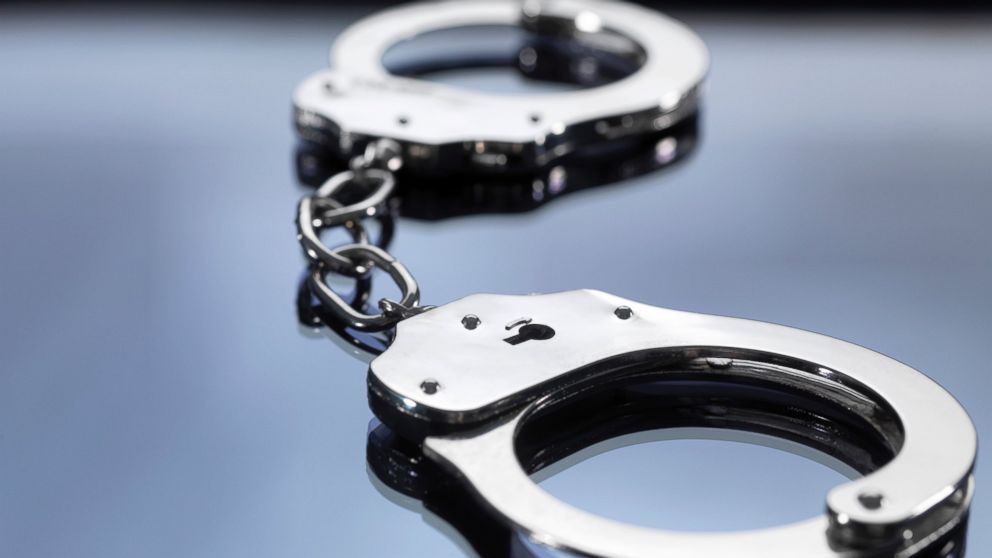COLUMN: To Be Poor, Black and Jailed
Why criminal justice reform has emerged as a hot topic.

— -- "That's white privilege for ya."
With that one sentence in a Facebook post, actor Matt McGorry started a thoughtful conversation about race by first admitting his own ignorance. It was the kind of self-depreciating admission that has become par for the course for those who follow the "How to Get Away With Murder" and "Orange Is the New Black" star on social media. Still, his timing could not be better.
Criminal justice reform has emerged as the one topic politicians and thought-leaders on both sides of the aisle appear ready to move on. This week, President Obama met with a bipartisan group from Congress to further his push for reform that really began last fall with the formation of a commission on policing. This recent meeting occurred the same day the White House held a symposium on poverty's impact on the incarceration rate, which featured among the many speakers: president of Americans for Tax Reform and noted Obama critic, Grover Norquist.
"We need to take the incentives away from the government to have the number of fines and tickets and penalties for being late," Norquist said. "There is profiting (from the criminal justice system) going on, most of it done through the government and the government can stop it tomorrow by rethinking how many people have to be in prison (and) for how long."
From Black Lives Matter activists meeting with Hillary Clinton to Sen. Rand Paul harping on militarized police, even some who want to be president are looking for ways to address the issue, though they all may not be doing so for purely altruistic reasons. But be not mistaken, no matter the angle of the rhetoric taken by politicians, this is a matter of race. Which is why McGorry's Facebook post was so poignant.
Holding a copy of Michelle Alexander's best-seller, "The New Jim Crow" -- a scathing analysis of the racial impact the criminal justice system has on society -- McGorry wrote "Burning crosses and racial slurs are not the only types of racism affecting people of color."
Consider this: During the height of the recession, 33 states cut education spending but increased the amount allocated for jails. I repeat: As hundreds of thousands of Americans were losing their jobs each month, many of the country's leaders opted to fatten the prison system and put education -- the one thing that helps keep people out of jail -- on a diet.
It seems counter-intuitive until you read something like the Department of Justice's report on Ferguson and stumble across this email: "Court fees are anticipated to rise about 7.5%. I did ask the Chief if he thought the PD could deliver 10% increase. He indicated they could try."
That was the city's financial director speaking with the city manager back in 2013. This year, Ferguson officials were trying to pull in more than 20 percent of its operating budget from fines and fees. As disturbing as that is, the small, predominantly black Missouri town is not alone in preying on its most vulnerable to make ends meet. And it's not just through parking tickets. Add-ons such as late payments, failure-to-pay fines, court appearance charges and processing fees are just a few of the fines and fees that have steadily increased nationwide over the past 20 years, according to a study by researchers at the University of Washington.
Some municipalities charge interest. Some even have the nerve to charge those in jail for room and board.




